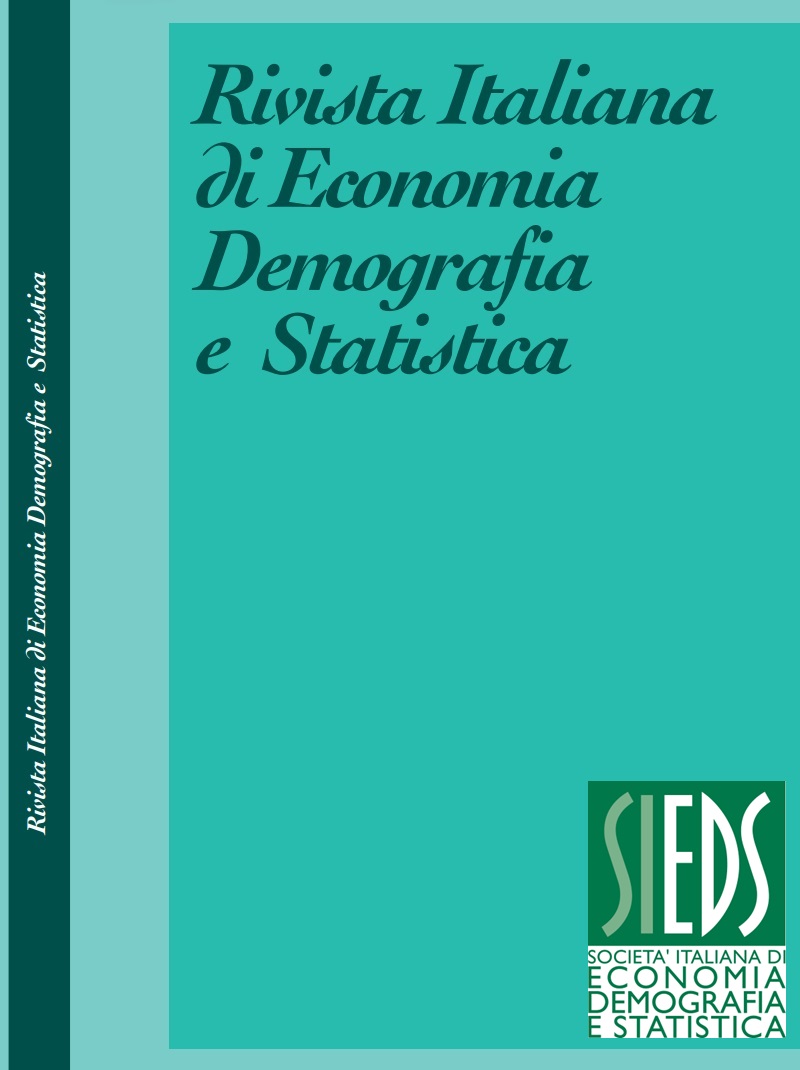Carbon subsidies to greening educational and business activities
DOI:
https://doi.org/10.71014/sieds.v78i2.256Abstract
This paper proposes a comparative framework to identify the impacts of alternative uses of carbon revenue and their redistribution. Although different studies have focused on the optimal carbon price path, the role of carbon revenue recycling is understudied. On this basis, we examine the macroeconomic impact of two carbon recycling strategies: i) encouraging investment in low-carbon projects at the firm level; and ii) subsidies to pursue SDGs, promoting the greening of human capital in the educational sector. To this end, this document presents an original Dynamic Stochastic General Equilibrium (DSGE) model that includes the higher education sector, low-carbon firms, and climate change. Our analysis shows that both strategies increase green human capital through two different channels. However, funding academics is crucial to improving the quality of education and promoting sustainable development in the long term. In contrast, firm-level green subsidies have a significant impact on short-term low-carbon productivity and mainly affect hiring and investment decisions. In both cases, these measures improve households’ welfare.
Downloads
Published
Issue
Section
License
Copyright (c) 2024 Marina Albanese, Francesco Busato, Gianluigi Cisco

This work is licensed under a Creative Commons Attribution 4.0 International License.



